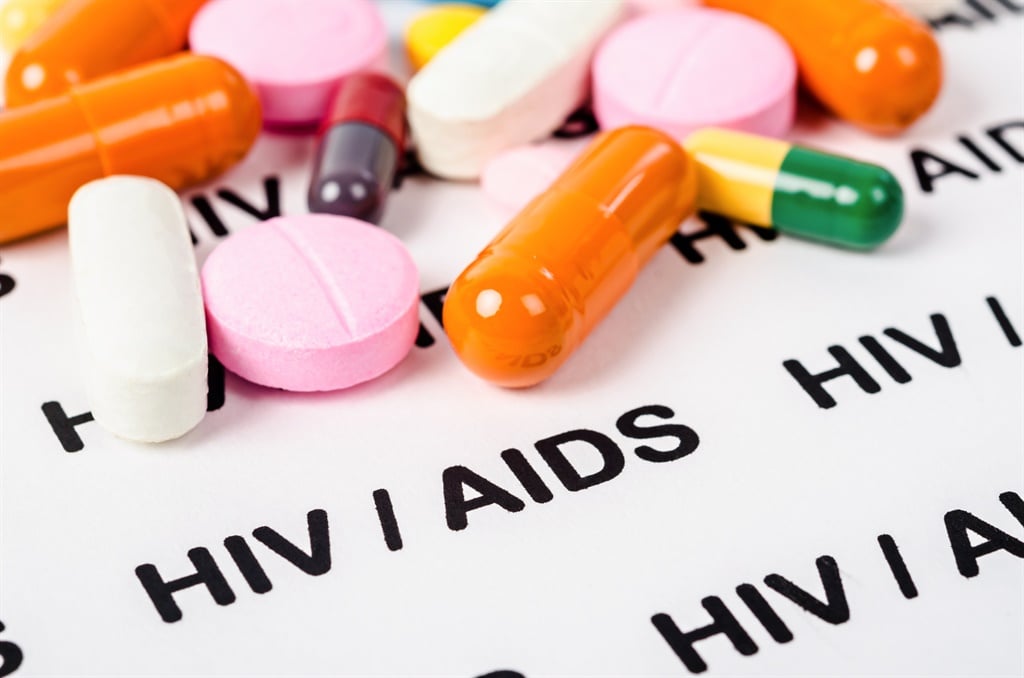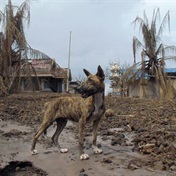
Even before the devastating Covid-19 pandemic hit, the global response to HIV was off track.
For starters, more than 12 million people of the 38 million living with HIV globally were not on antiretroviral (ARV) treatment, there were 690 000 AIDS-related deaths and 1.7 million people were newly infected with the virus last year.
Added to that, the ambitious UNAids 2020 targets set back in 2015 have not been met globally.
The 90-90-90 targets were that, by 2020:
- 90% of all people living with HIV will know their HIV status;
- 90% of all people with diagnosed HIV infection will receive sustained antiretroviral therapy; and
- 90% of all people receiving antiretroviral therapy will have viral suppression.
On Thursday, UNAids released its new report ahead of World Aids Day on Tuesday next week, titled Prevailing against pandemics by putting people at the centre. It called on countries to make far greater investments in the global pandemic responses, chief of which was the HIV pandemic.
“Our world has been transformed over the past 12 months – this World Aids Day feels very different from past ones. Covid-19 has worsened the inequalities that have been driving the HIV pandemic.
We see now the close link between our health and the global economy – who knew that we’d be here because of a virus,” UNAids executive director Winnie Byanyima said during a virtual briefing on Thursday morning.
She cautioned that, because of the disruptions to HIV services observed during the Covid-19 pandemic and subsequent lockdowns instituted in many countries, the gains made on HIV over the past years were under threat of erosion.
“In many countries, HIV services have been disrupted, supply chains for key commodities have been stretched and around the world fewer people are being diagnosed with HIV because diagnostic centres are not working as regularly. Fewer people living with HIV are starting with treatment and prevention services have also been hampered. The scale of HIV treatment was 50% lower in the first half of 2020 than it was in the first half of 2019 because of Covid-19 disruption.”
Closer to home, the 90-90-90 targets have equally been hard to reach, with some provinces showing that, although testing across the country was generally on target, the other targets, such as being on sustained ARV treatment and viral load suppression, were trailing far behind.
DA MPL Jack Bloom stated that about 225 000 HIV/Aids patients in Gauteng alone had discontinued their ARV treatment. This was revealed in the Gauteng health department’s second quarter report recently tabled in the Gauteng legislature and covered the July-September period this year.
According to the report, nearly 1 067 638 patients remained on ARVs in the province, against the set target of 1 301 235 – which the department said was due to high loss of follow-up, aggravated by the Covid-19 pandemic.
Read: HIV and circumcision: How Covid-19 has disrupted the programme
“I’m also concerned that new estimates from the Thembisa mathematical model [a leading mathematical model of HIV in South Africa] of HIV show that Gauteng is not doing well in suppressing the virus in affected people,” he said.
Bloom continued: “The model estimates that 51% of all HIV-positive people in Gauteng are virally suppressed because of ARV treatment. This is the second lowest among the provinces, only slightly better than North West at 49% and trailing the 66.4% of KwaZulu-Natal, which is the best province on this indicator.”
KwaZulu-Natal was the best-performing province, improving to 93%, 75% and 94% on the respective targets.
Byanyima said it was not all doom and gloom, though – there was progress in some parts of the world, such as areas of eastern and southern Africa.
“A country like Eswatini – small, landlocked and poor – met all the targets. Botswana too. Asian countries such as Thailand also met the goals; so we see that it’s achievable. So what do we need to do to get back on track? UNAids is proposing new targets to take us forward and recharge us. We want to look forward and be bold, so we double up and catch up,” she continued.
The new targets are for 2025, and focus on a very high coverage of HIV and sexual and reproductive health services, together with the removal of “bad laws and policies” and an end to discrimination and stigma.
The new HIV service delivery targets aim at achieving 95% coverage for each sub-population of people living with and at an increased risk of HIV.
UNAids said that, by taking a person-centred approach, and focusing on the hotspots, countries would be better placed to control their epidemics.
| ||||||||||||||||||||||||||||||
 |




 Publications
Publications
 Partners
Partners










